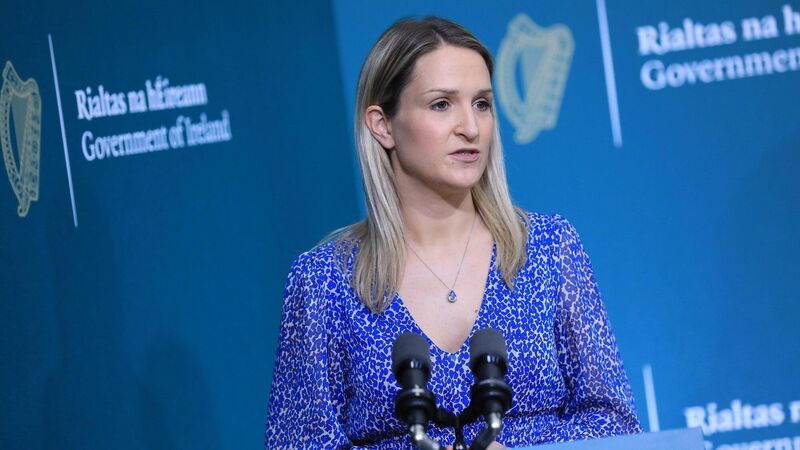Helen McEntee denies system of appointing judges 'open to cronyism'

Justice Minister Helen McEntee today received Cabinet approval to publish the general scheme of the Judicial Appointments Commission Bill. Picture: Julien Behal
The Justice Minister has published the heads of a Bill to overhaul how judges are appointed, but denied the current system is open to cronyism.
Helen McEntee has today received Cabinet approval to publish the general scheme of the Judicial Appointments Commission Bill. A previous version of the Bill lapsed with the changing of government and Ms McEntee's Bill contains a number of key differences.










